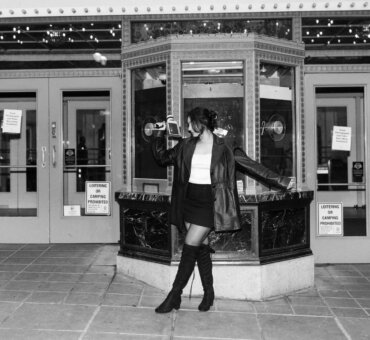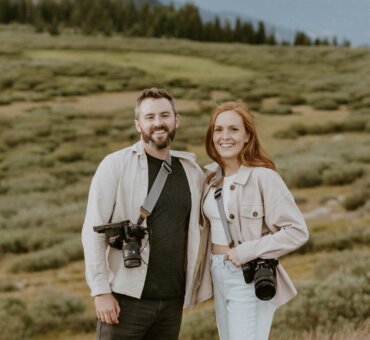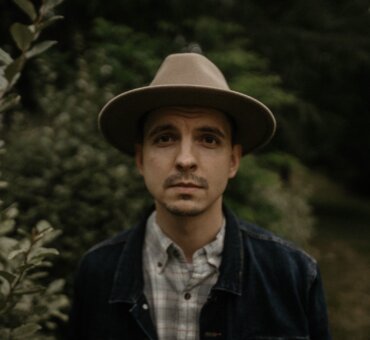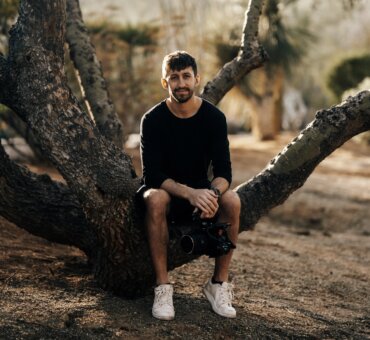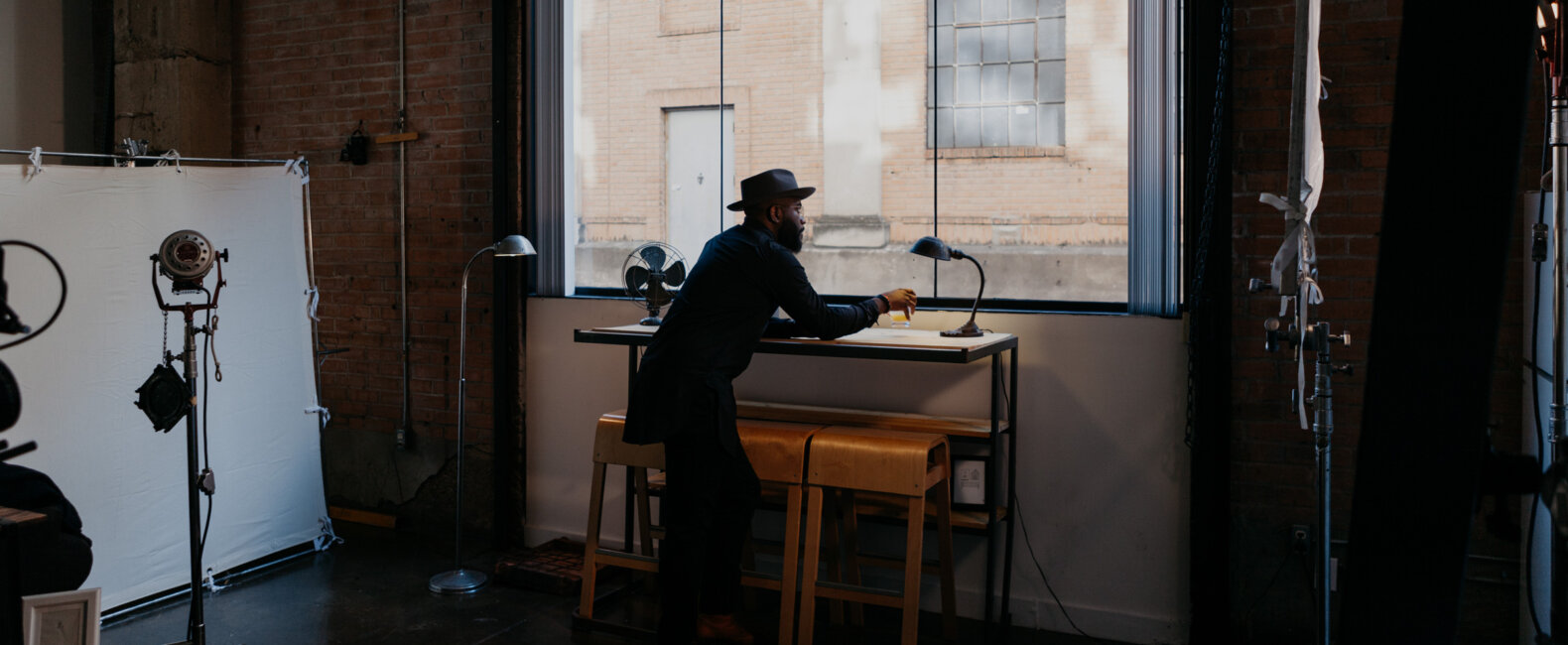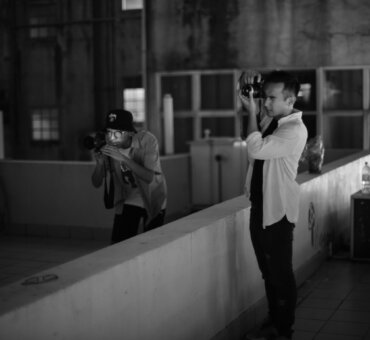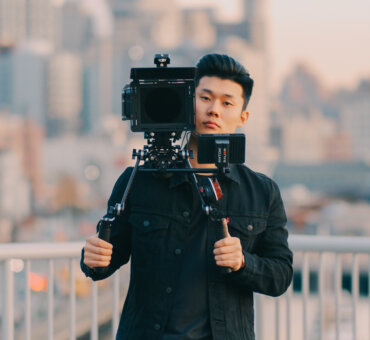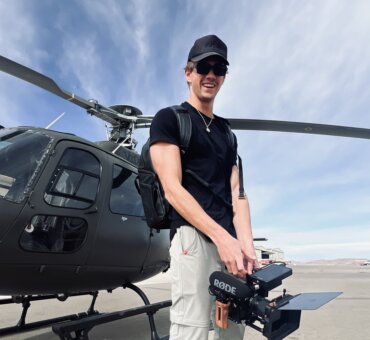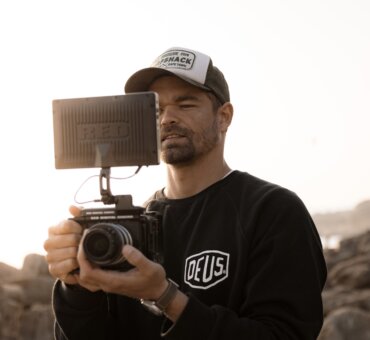Question: Are you the type of person who carefully checks the temperature of a swimming pool before slowly, over the course of an hour or so, working your way into the water? Or are you someone who dives into the deep end headfirst like a lunatic? If you’re the second type, then you might have a bright future in film.
It often seems like the best projects are the ones that push their creators beyond what they know they can do. Jumping into narrative rather than montage. Beginning to work on a documentary without having any idea how things will turn out. Moving from Oklahoma to California without a plan. In retrospect, ignorance can look a lot like bravery. The results are often the same.
Below are excerpts from 7 filmmakers who talked about embracing their own ignorance and jumping in with both feet.

RYAN KOO
The value of learning on the job.
I took some film classes in college. I made a music video that won a competition, and the prize was a camera, which allowed me to make a lot more videos. But I’ve always felt that in film school classrooms, you’re getting a very narrow perspective. For me, personally, I needed to get out there in the world and fall flat on my face and live life and figure out what I wanted to say, as opposed to continuing in the classroom. […]
I got hired at MTV as a graphic designer, even though I had no training in graphic design. I took a $25 online Photoshop training course. I was literally doing that on the train to and from work every day. A year later, I was a senior designer for MTV, sitting next to people who went to Rhode Island School of Design, Savannah College of Art and Design, Yale, and those kinds of schools. And I’m like, These people spent $200,000, and I spent $25.The Internet has disrupted everything — especially education. My idea with starting No Film School was to move a lot of that film school knowledge online.
ZACH MCNAIR
Saying yes has become his “constant process”.
I’ve always said, “Yeah, man, I’ll do that,” even if I don’t know how to do it. I’ve done that from the very beginning. When I was probably 12 or 13, my buddy Robbie called and said, “Hey, man, my band needs a website.” I said, “Sure, I’ll do it.” I didn’t really know what I was getting myself into. But that kind of got me started into all of this. Or another buddy of mine called and said, “Hey, we need a sound engineer for our tour…” I said, “Uh, sure?”
The same thing happened with photography: a buddy who was putting out a record said, “I need a really killer album cover, and I need some cool photos. Could you do that?” I borrowed a friend’s camera and shot it. It worked out really well, and it ended up leading to other gigs. It’s like this constant process of jumping into scenarios and trusting that, for one, the Lord’s going to help me through this; and two, I have a good vision and I just need to learn how to use the tools. The best way to do that is to get experience with them.

CHAYSE IRVIN
The virtue of picking up some equipment and just figuring it out.
CI: I went to film school but dropped every class that wasn’t related to cinematography. So that’s how I failed film school. But I just kept moving forward anyway. I enrolled in a second-year cinematography program and met this great cinematographer who took me under his wing. He gave me the freedom to experiment on my own, rather than follow a curriculum. His approach was basically, “Here’s the equipment; go figure it out.”
And that worked for you?
It really did. I was so young when I left high school and went straight into film school. I didn’t know anything. Being able to figure things out on my own has prepared me for what I’m doing now. I’m able to draw on my own philosophy and aesthetics. I think I responded well to things being open-ended because that’s the way I’ve always operated. I’ve never been super focused on big-picture things. I’ve always looked at the little tiny things. Like how this water tastes or what this lens is going to do. I’m never thinking about where I’ll be two years from now. I know so many people who try to sculpt their careers, but I find it never goes the way we plan anyway. I try to focus on whatever the immediate thing in front of me is and just work through that thing.
You need to know in your heart that you know about 60 percent of what you’re doing. The other 30 percent to 40 percent you’ll figure out on the way.

JENS JACOB
The best advice he’s ever been given.
An executive producer once told me, “Fake it until you make it.” I thought it was such an ugly thing for someone to say. But then he explained it to me, and I really loved the explanation. He said, “If you’re ever going to grow or get to the next stage of your life or project, you’re not going to fully know what you’re getting into. So here’s what you need to know. You need to know about 60 percent. You need to know in your heart that you know about 60 percent of what you’re doing. The other 30 percent to 40 percent you’ll figure out on the way. Have the confidence that you’ll figure it out.” That really resonated with me because most of the time I have no idea what I’m doing. So much of it comes down to confidence.
It takes confidence and work. A lot of people when they’re starting out think that just because they don’t have resources, they can’t go and create. They’re always asking me how I got involved with the projects I’ve been involved with. Well, look, nobody asked me. You have to be a self-starter. You have to go out and create for yourself. Don’t be afraid to go do. Don’t be afraid to ask for things. You need practice. A lot of people sit behind a computer and read and learn, but they are hesitant to go do something. What got me started as a producer is I went and did something. Don’t wait for someone to approach you. Go out and create.

CALE GLENDENING
Deciding to start his career as a filmmaker.
You just drove to Los Angeles?
Yes.
Did you have some sort of plan?
No.
JOE CALLANDER
Sometimes the person you think knows what he’s doing actually has no idea.
I read that for your documentary about Gary, you shot 250 hours of footage and ended up making a 17-minute short. I think you said that mathematically, you used zero percent of the footage.
It’s true. And I’m still not done. I’m going to recut the thing into a feature and submit it to Sundance next year. At this point, I just can’t stop until I’ve pushed this thing to the top of the mountain….
[When I first started,] the only thing I knew at that time was that I didn’t know what I was doing. So I tried to cover my ass by keeping the camera on. I brought a friend with me who’d gone to school for video journalism, and I made him run the camera because I knew I didn’t want to screw it up. Turns out he didn’t know what he was doing either, so he screwed it up for me.

BEN KNIGHT
After being on the fence about taking the project, Ben finally said yes… and then drove around for a while.
What made you decide to get started on DamNation?
There was one major thing […] two of the biggest dam removals in history were about to happen. So we were like, “Okay, at least we’ll have those visuals. At least there will be something dynamic going on.” Not only could we film these dams coming down, but if we waited long enough, we could maybe see the ecosystem rebounding. So we loaded all of our shit into a van and drove all over the country, figuring out the rest of the story as we went. We went in blind. We knew nothing about the issue. We knew nothing about dams. It was this amazing learning experience, finding these little stories and these characters.
So you just drove around?
Pretty much.
How did you know where to go?
Our first stop was Montana. We interviewed this amazing writer named David James Duncan. He basically melted our faces; he was so poetic and articulate. He talked about rivers in a way we’d never heard anyone talk about them before. He also gave us some ideas of places to go, things to see, possible story ideas. It was pivotal. We ended up with a rough trajectory, but along the way we randomly discovered the coolest stuff.
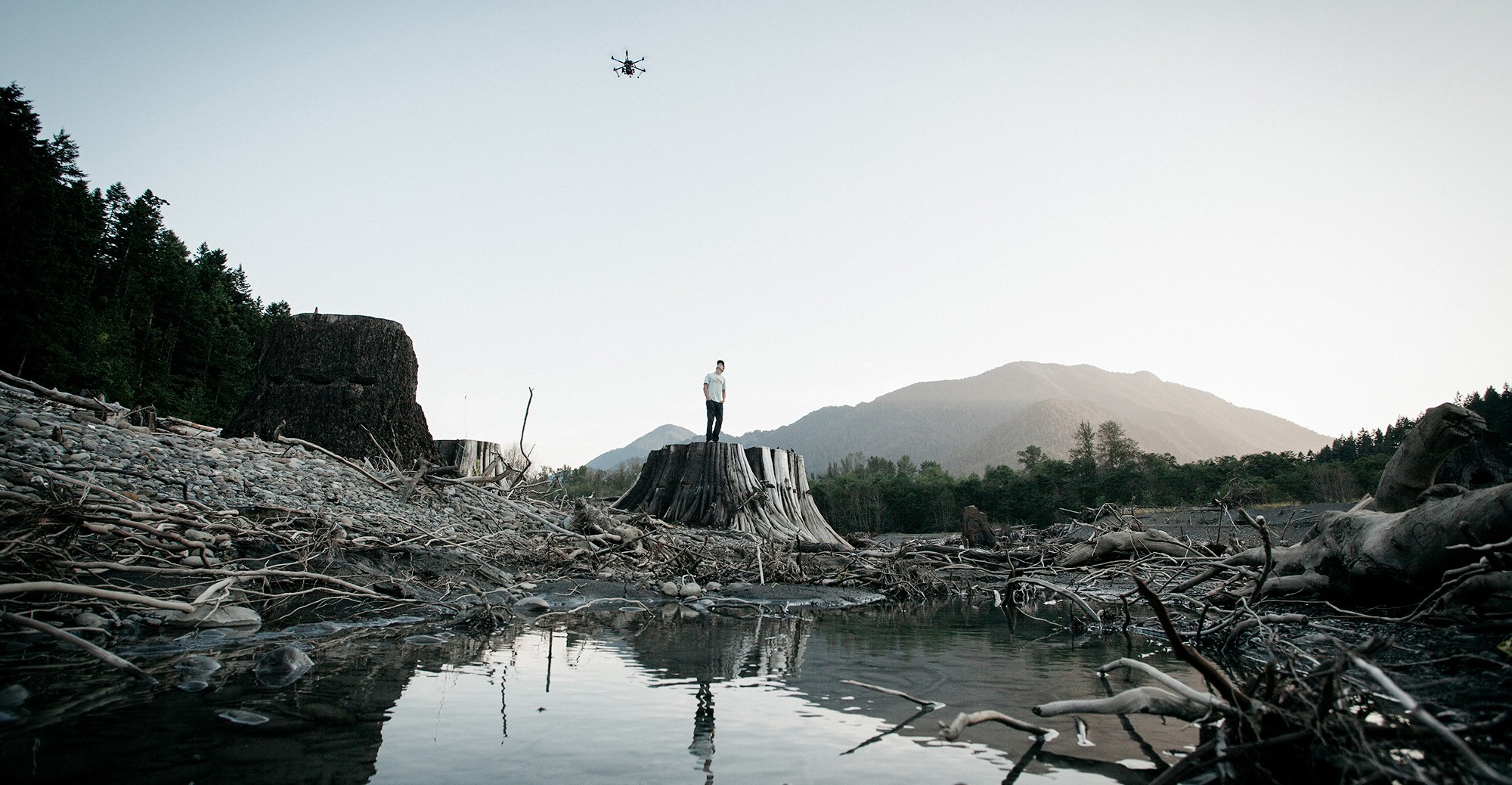
The thing is, work that begins in ignorance often produces the most interesting results. Maybe it forces the filmmaker to be more honest, more vulnerable, more open to serendipity and magic. If you wait until all the ducks are in a row, you’ve waited too long. We like Jens’ advice: Wait until you know about 60 percent of what you’re doing, then make up the rest as you go.




































































